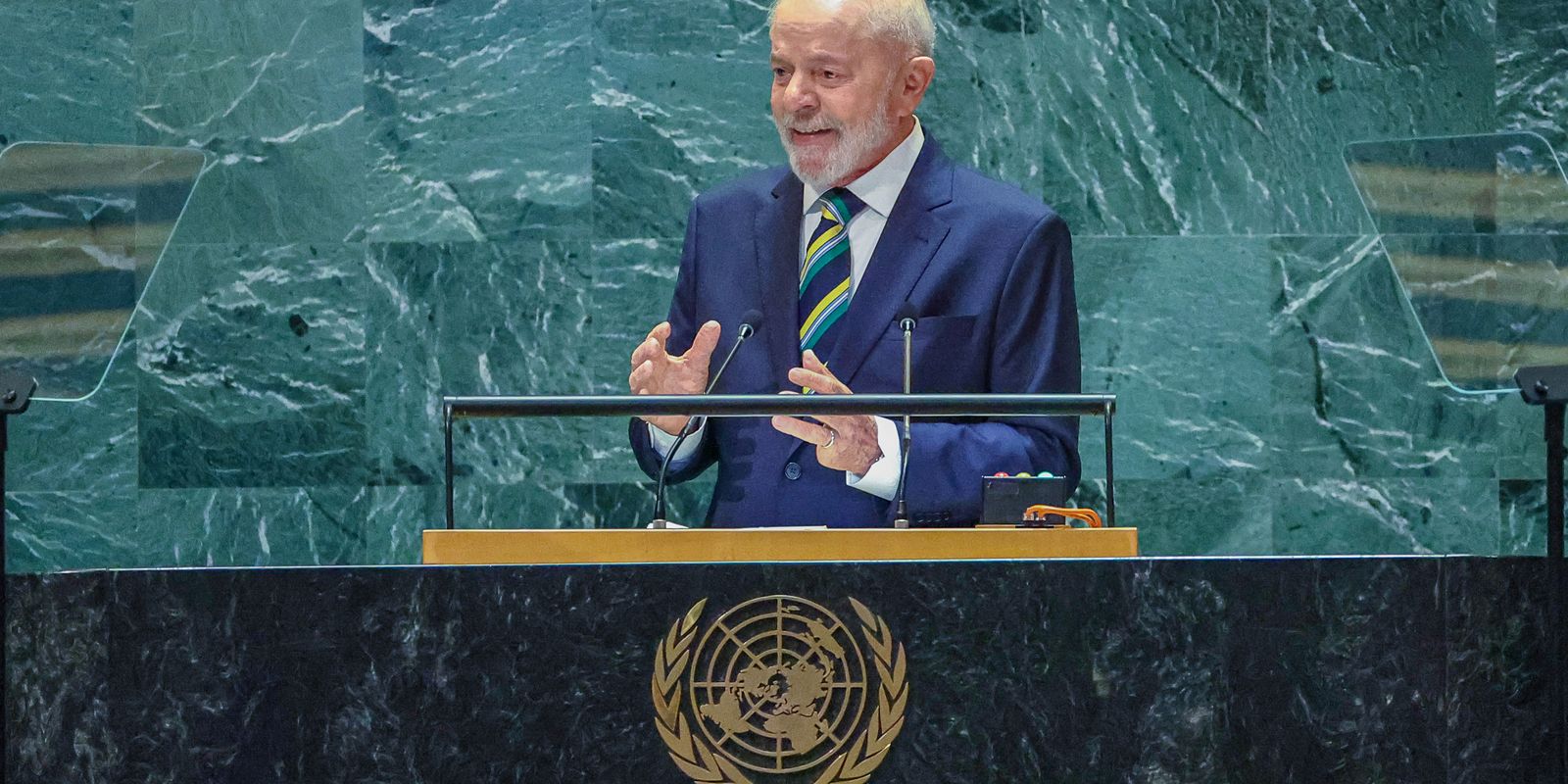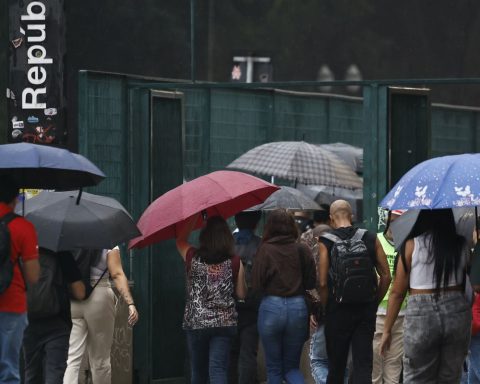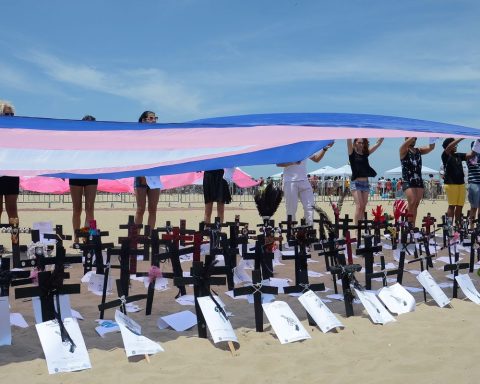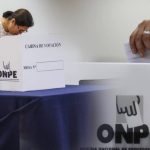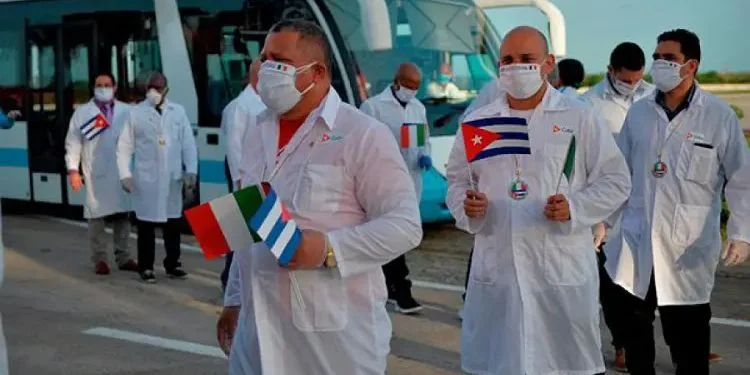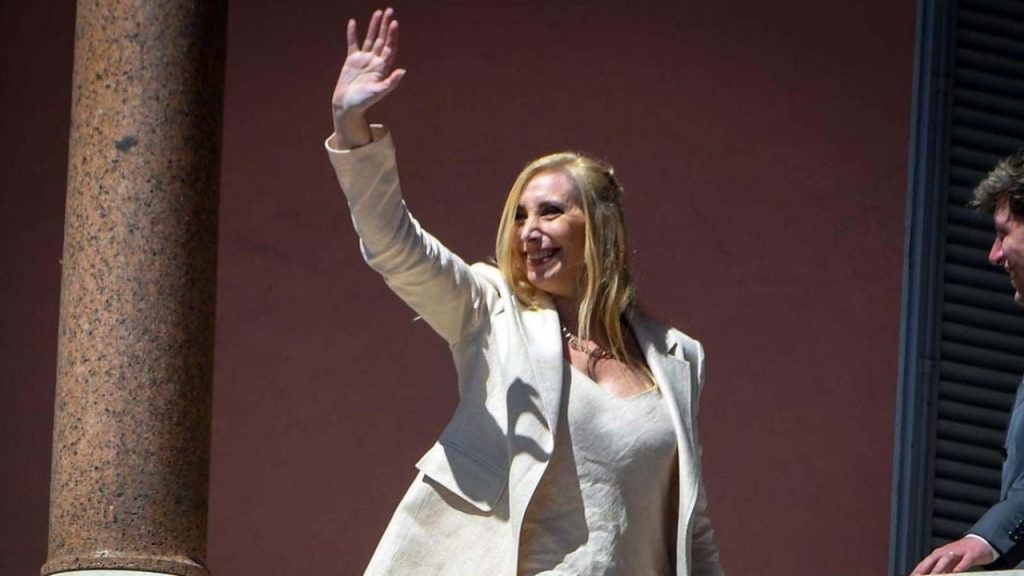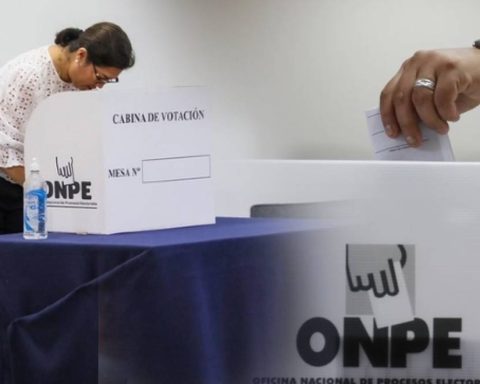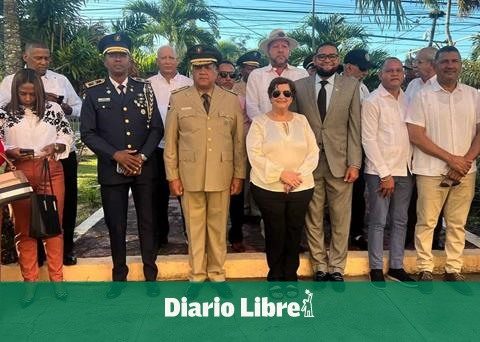President Luiz Inácio Lula da Silva said on Tuesday (24) that, in an attempt to solve the planet’s problems, world leaders are going around in circles and achieving inefficient results. open the debate of heads of state at the 79th General Assembly of the United Nations (UN), in New York, Lula cited the Pact for the Future, document adopted by countries to strengthen global cooperation.
“Its difficult approval demonstrates the weakening of our collective capacity for negotiation and dialogue. Its limited scope is also an expression of the paradox of our time: we go around in circles between possible compromises that lead to insufficient results,” said Lula.
“Not even with the COVID-19 tragedy were we able to unite around a Treaty on Pandemics at the World Health Organization. We need to go much further and provide the UN with the necessary means to face the dizzying changes in the international panorama,” added the president.
For Lula, the crisis in global governance requires structural transformations and this mission falls to the General Assembly, “the greatest expression of multilateralism”. According to him, who is about to turn 80, the United Nations Charter has never undergone a comprehensive reform. When the UN was founded, there were 51 countries; today there are 193.
“The current version of the Charter does not address some of humanity’s most pressing challenges,” said Lula, citing the many armed conflicts that exist in the world, “with the potential to become widespread confrontations.”
According to the president, at the time of the founding of the UN, several nations, mainly on the African continent, were under colonial rule and “had no say in its objectives and functioning.” Furthermore, for Lula, there is no gender balance in the exercise of the highest functions and the position of secretary-general has never been held by a woman.
“We are reaching the end of the first quarter of the 21st century with the United Nations increasingly emptied and paralyzed. Specific adjustments are not enough; we need to contemplate a broad review of the Charter,” he said.
Brazil proposes transforming the Economic and Social Council into the main forum for addressing sustainable development and combating climate change, with a real capacity to inspire financial institutions; revitalizing the role of the General Assembly, including in matters of international peace and security; strengthening the Peacebuilding Commission; and reforming the Security Council, focusing on its composition, working methods and right of veto, in order to make it more effective and representative of contemporary realities.
For Lula, reform of the UN Security Council is urgent, with adequate representation of emerging countries. Currently, this council, with the power to make important decisions on international conflicts, only has the United States, Russia, China, France and the United Kingdom as permanent members. According to the rules, for a resolution to be approved, it needs the support of nine of the total 15 members, and none of the permanent members can veto the text.
“The exclusion of Latin America and Africa from permanent seats on the Security Council is an unacceptable echo of practices of domination from the colonial past,” said the Brazilian.
“I have no illusions about the complexity of a reform like this, which will face crystallized interests in maintaining the status quo. It will require a huge negotiation effort, but that is our responsibility. We cannot wait for another global tragedy, like the Second World War, to build a new global governance on its ruins. The will of the majority can persuade those who cling to the crude expressions of the mechanisms of power,” he added.
Lula’s speech at the UN reflects the Brazil’s priority issues at the G20: combating inequality and hunger, tackling climate change and reforming global governance institutions. Until November of this year, the country is the president of the bloc that brings together 19 countries and two regional entities – the European Union and the African Union.
General debate
The United Nations General Assembly is one of the main bodies of the UN and brings together the 193 member states of the organization, with each nation having the right to one vote. Traditionally, the Brazilian government makes the first speech in the general debate, followed by the President of the United States.
This year, the theme of the UN General Assembly’s general debate is “Leaving no one behind: Acting together to advance peace, sustainable development and human dignity for present and future generations.” At this working session, heads of Member States are invited to address the UN General Assembly, providing an opportunity to share their views and concerns regarding the multilateral system.
This is the ninth time that President Lula has opened the general debate of heads of state. During his two previous terms, he participated in the event every year between 2003 and 2009. In 2010, he was represented by the then Minister of Foreign Affairs and current special advisor to the Presidency, Celso Amorim. Last year, in his third term, Lula also opened the debate session.
The president landed in New York on Saturday (21). On Sunday (22), he spoke at the Summit for the Future, a parallel event to the UN General Assembly. According to him, the Pact for the Future, a document to be signed by world leaders, points to a direction to follow, but there is a lack of “ambition and boldness” for the United Nations to fulfill its role.
Yesterday (23), the Brazilian president participated in bilateral meetings with the Chancellor of Germany, Olaf Scholz; with the President of the European Commission, Ursula von der Leyen; and with the Prime Minister of Haiti, Garry Conille.
Also on Tuesday, Lula will also coordinate the event “In defense of democracy, fighting extremism”, together with Spanish President Pedro Sanchez. The initiative seeks to strengthen institutions in the fight against inequality, disinformation and radicalism.
